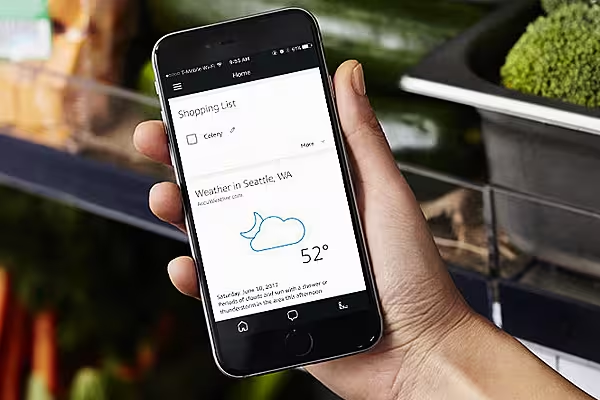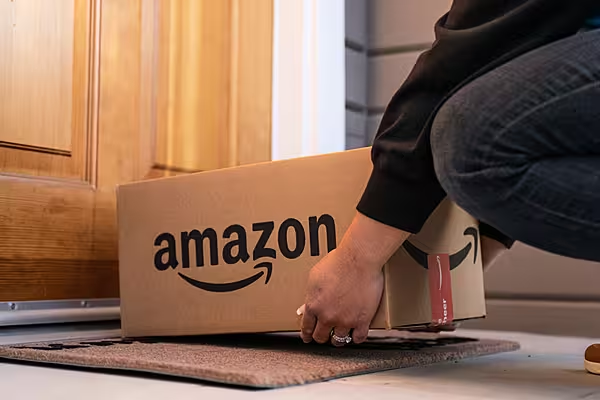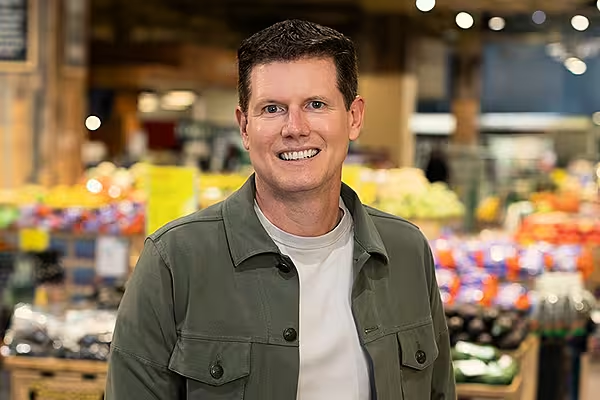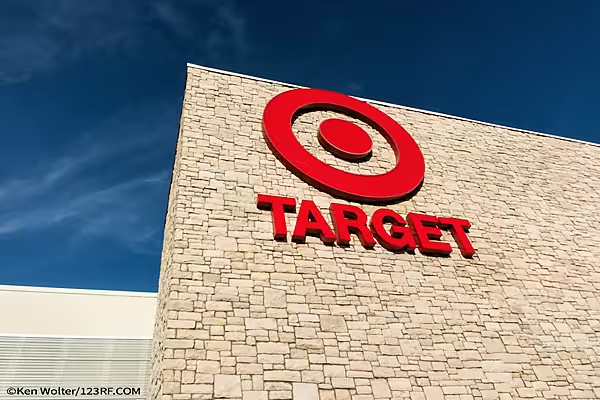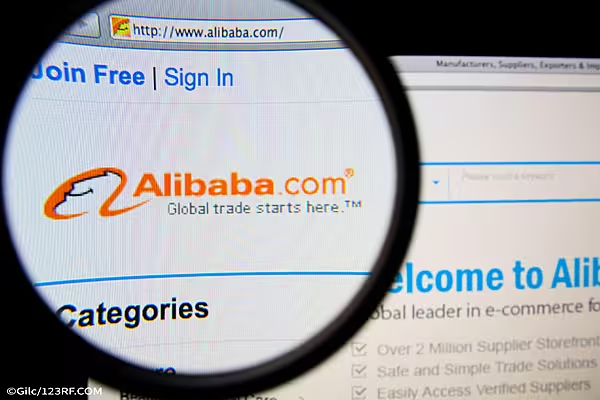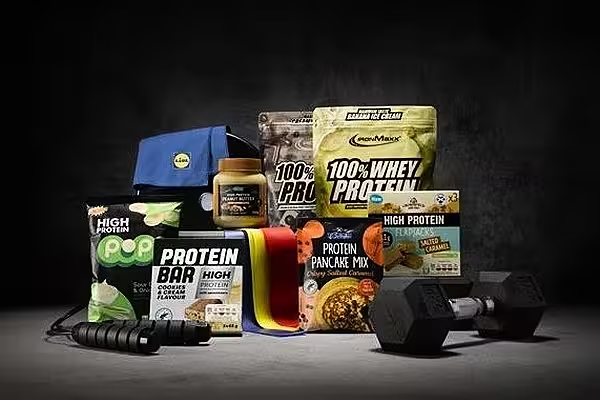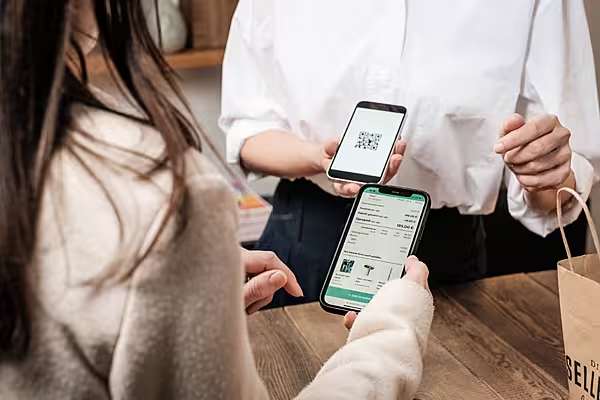The announcements over the past few days that France’s Monoprix and Coop Sweden have both introduced voice ordering solutions indicates that 2018 could well be the year in which consumers ditch the keyboard and turn to their vocal chords when conducting their weekly shop.
Monoprix’s solution, which uses the Google Assistant app, requires shoppers to simply turn to their smartphone or connected device (such as the Google Home speaker) and say "Ok Google, parle avec Monoprix" ("Ok Google, talk with Monoprix”), before dictating their shopping list, adding or removing items and availing of special offers in particular categories.
The device is also ‘intelligent’ enough to suggest other ingredients that might be needed; as Monoprix’s Pierre-Marie Desbazeille explained, if you buy milk and eggs, “we can suggest that you also buy flour, to make crêpes.”
In Sweden, Coop has added voice ordering to its in-house mobile app, which similarly enables users to specify what products they want to buy, and in what quantities, before completing their order.
“Our digital services will make it easier for our customers in their everyday lives,” commented Henrik Staaf, head of digital communications at Coop Sweden.
Not The First
Of course, Monoprix and Coop Sweden are not the first retailers to implement voice ordering, nor will they be far from the last.
In the UK, both Ocado and ‘big four’ operator Morrisons have both launched partnerships with Amazon’s Alexa voice command service (pictured). In both cases, shoppers can simply add items to their basket by voice, or ask for suggestions based on previous shops.
Announcing the Amazon tie-up, Matt Kelleher, Morrisons' online director, said, “Customers are increasingly using voice commands in their everyday lives to check the weather, play music, or find out the latest news. It is important we follow this emerging trend and make Morrisons an easier and more accessible place to shop for groceries online.”
It’s not the first time that Morrisons have worked with Amazon either; last year, it rolled out Amazon lockers to stores nationwide. Ocado, too, has been lined up as a potential takeover target for the online giant, should it wish to expand its UK presence.
Competition
Voice ordering is here to stay, it seems. But just as computer users of yesteryear had to choose between PCs or Macs, and smartphone junkies are torn between iPhones and Android Devices, so the world of voice ordering is fast becoming a hotbed of competition between two main rivals: Amazon and Google.
Amazon, to some degree, can claim first-mover status on this front; its Alexa service rolled out three years ago, in November 2014, and has become arguably the most well-known voice command service - with Amazon announcing its recent entry into Australia and New Zealand, users were eager to learn if Alexa would also be part of that launch (it will).
But Google, the global engine of Internet search, is not taking the challenge lying down - in fact, its recent tie-up with Walmart, the world’s biggest bricks and mortar retailer, is a sign that it is willing to stand up to anything Jeff Bezos’ team can throw at it.
From the end of September, Walmart customers in the States have been able to link their store accounts to the Google Express shopping service and order by voice through Google Home speakers or the Google Assistant app. At present, the service applies to non-food and ambient products, but next year, Walmart will be extending this to the ordering of fresh grocery items.
As Marc Lore, head of U.S. e-commerce for Wal-Mart explained, Walmart’s sheer scale means that this partnership instantly gives it an edge over other competitors in the marketplace. "We’ve got the purchase history of 140 million Americans going into brick and mortar stores," Bloomberg reported him saying, back in August. "We are building this to extend to fresh and frozen food. We will deliver to homes and expand aggressively."
Lucrative Market
As both Amazon and Google understand, such efforts can reap significant rewards.
A recent study by Linc Global in the US, found that users of Amazon Echo technology (a voice activated device powered by Alexa) increased their purchase of everyday consumer products by 13.5% in the third quarter of this year, which is up from the 7.5% increase in the second quarter of the year.
In addition, suppliers that were purchased from via the service saw a 60% upsell rate, CNBC reported, meaning that consumers bought even more products from the same provider after their initial purchase.
Profit driver, new marketing platform, or simply a useful shopper assistant? Whatever your opinion voice activated technology, it will likely become a must-have consumer accessory in the coming years. And there will be no shortage of retailers and suppliers looking to take advantage of that…
© 2017 European Supermarket Magazine – your source for the latest retail news. Article by Stephen Wynne-Jones. Click subscribe to sign up to ESM: The European Supermarket Magazine.
